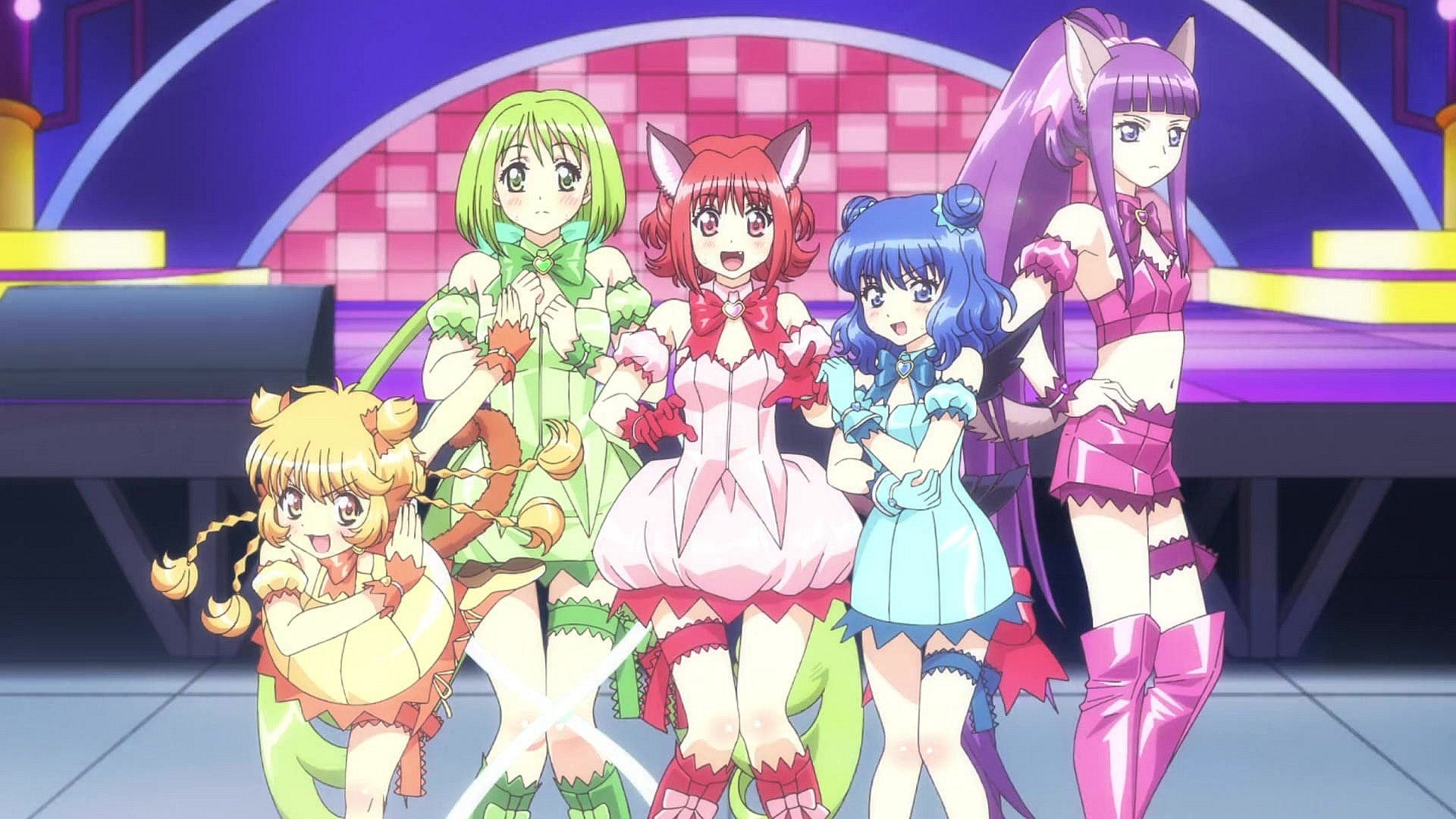Anime Insiders Worried Japan’s Growing Lack Of Creativity Will Allow China To Overtake The Industry
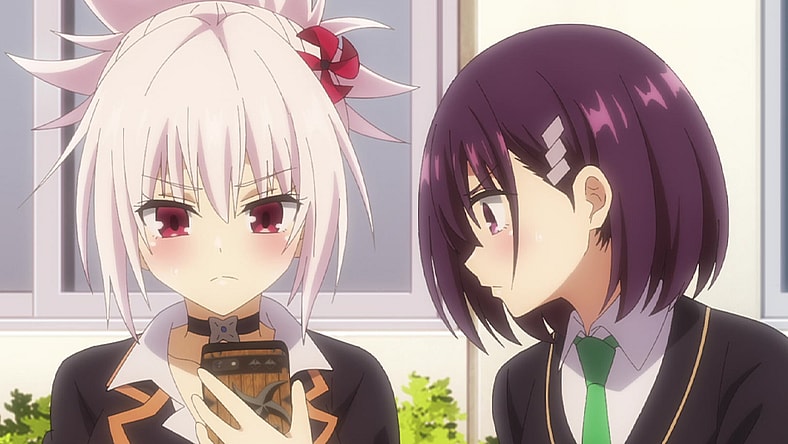
In recent months, more and more insiders have begun to speak out against the Japanese anime industry’s growing dependence on Chinese animators – but unfortunately for both creators and fans, it seems the problem has only continued to grow in size and scope.
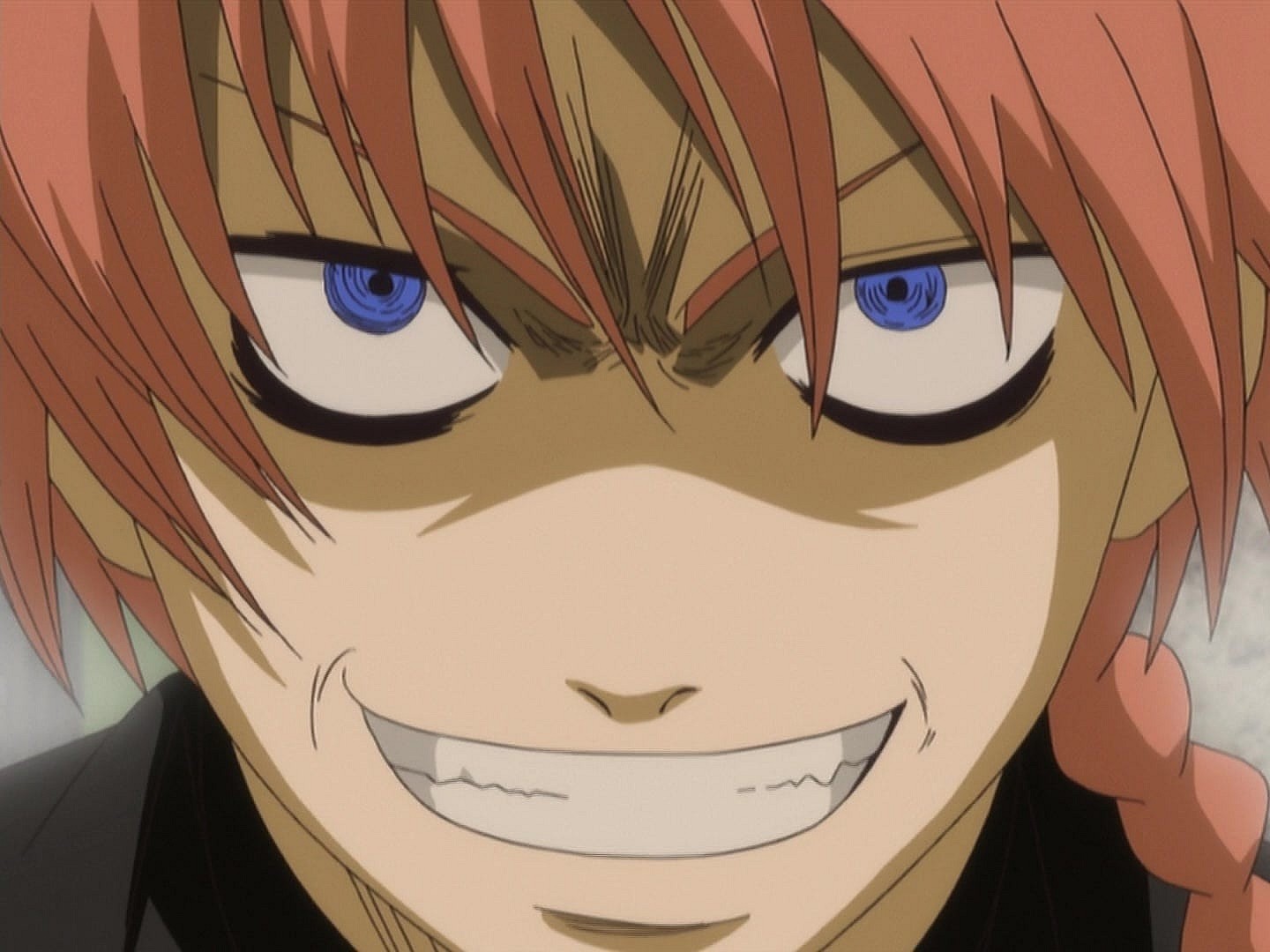
RELATED: Anime Industry Insider Reveals Why Multiple Series Are Suddenly Going On Indefinite Hiatus
During a new interview with American Foreign Press News (AFP) given in promotion of his upcoming Netflix series Pluto, Mappa and M2 animation studios founder and Madhouse co-founder Maso Maruyama warned that due to an overall tilt towards commercialism having stifled creativity, the Japanese anime industry is actively at risk of being overtaken by their rising Chinese competitors.
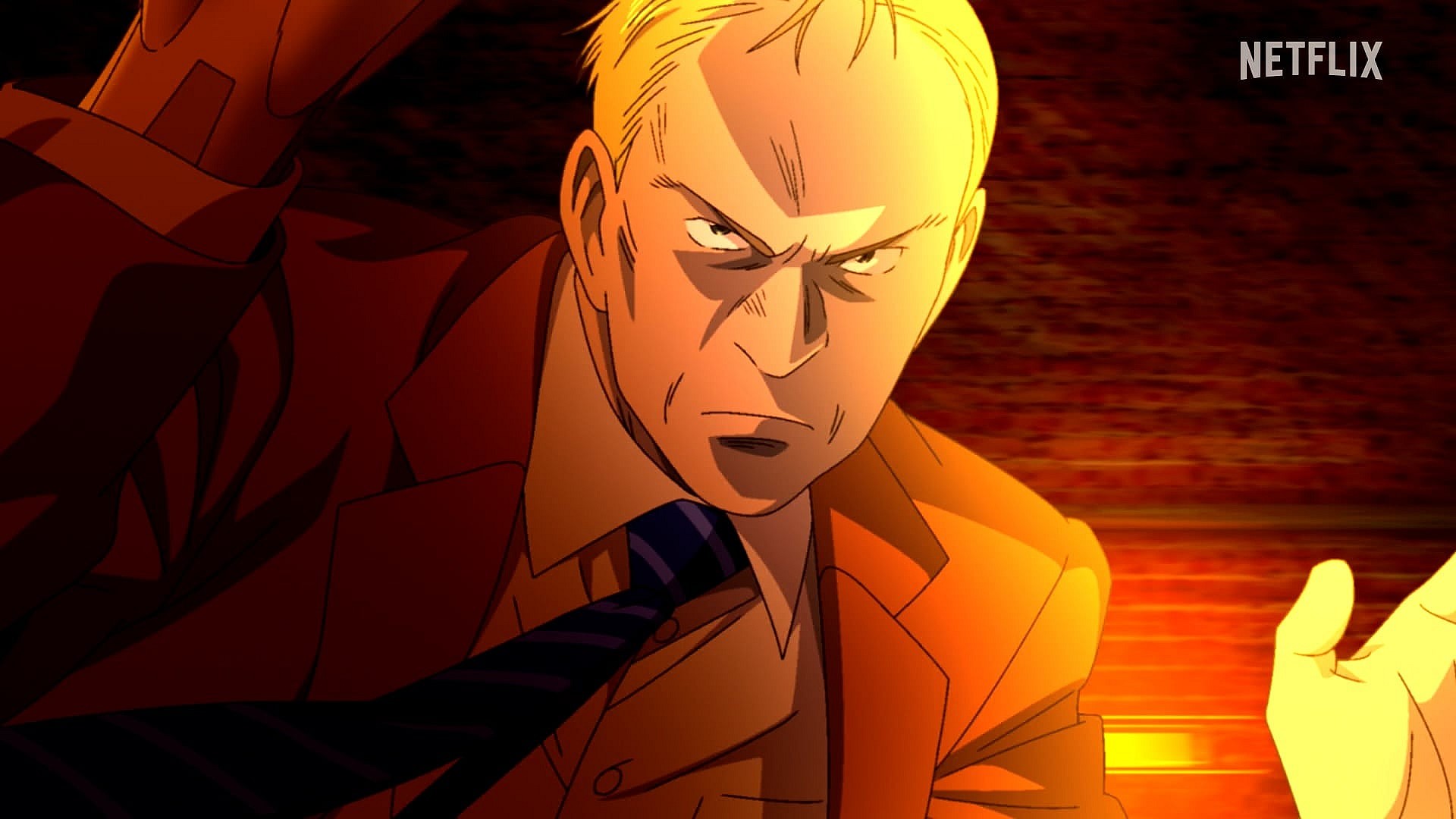
“Japan is so hell-bent on cranking out money-spinning genres, such as those starring ‘kawaii’ cute female characters, that its anime ‘doesn’t necessarily outshine’ America’s Disney or France’s arthouse productions in terms of creativity,” Maruyama told AFP News.
“The only reason China hasn’t quite caught up with Japan yet is because of a bunch of restrictions imposed on free expression there,” he explained. “If more freedom is unleashed [in China], Japan will be overtaken in no time.”
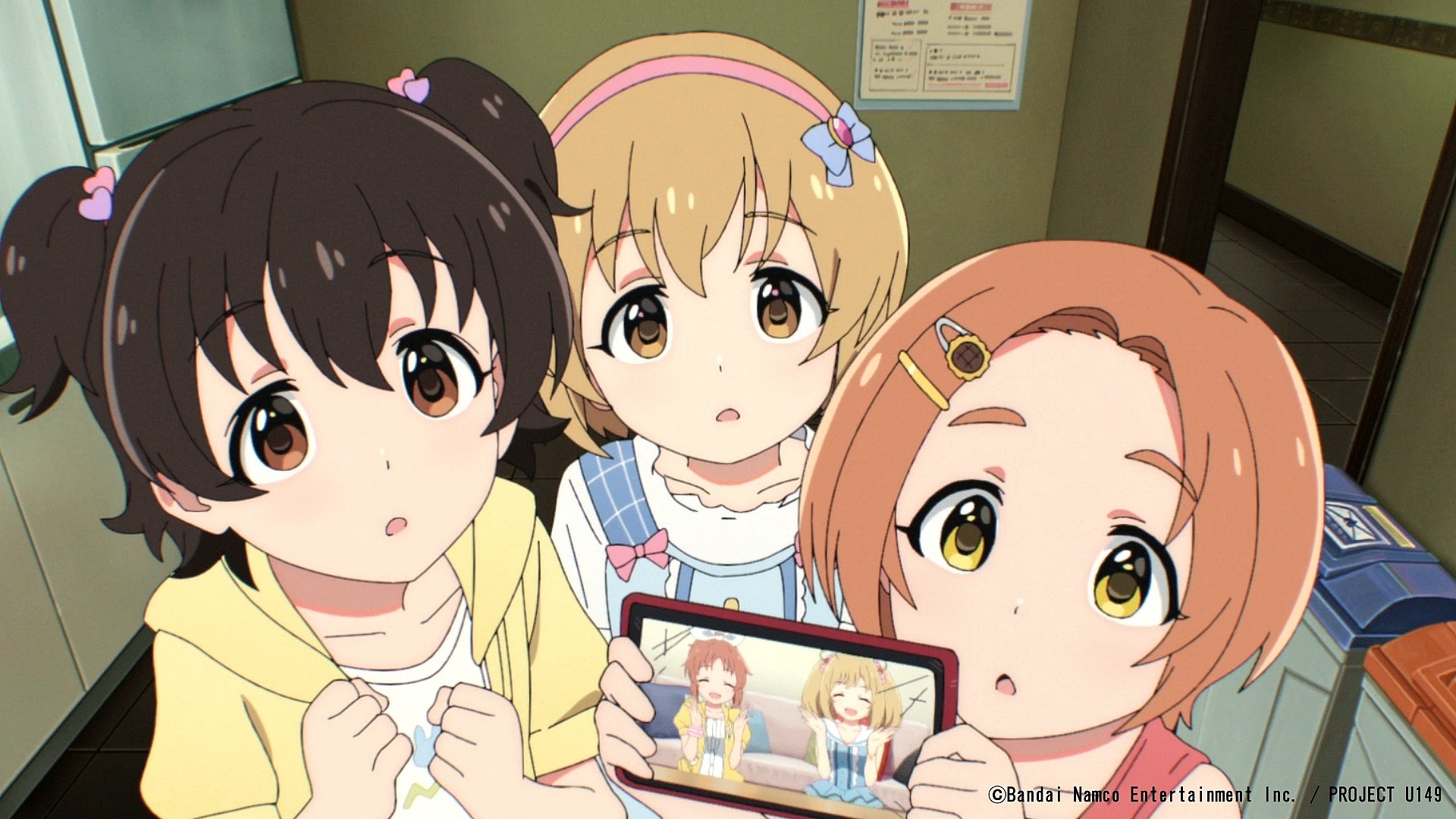
In hopes of getting further clarification of Maruyama’s claims regarding a potential Chinese takeover of the anime medium, Bounding Into Comics reached out to our contact within the industry – a currently-working Japanese director – to see if they could provide us with any additional insight on the situation on the ground.
Agreeing to speak with us under the condition of anonymity for fear of their own privacy and job security, our contact was more than happy to elaborate on this currently-unfolding crisis.
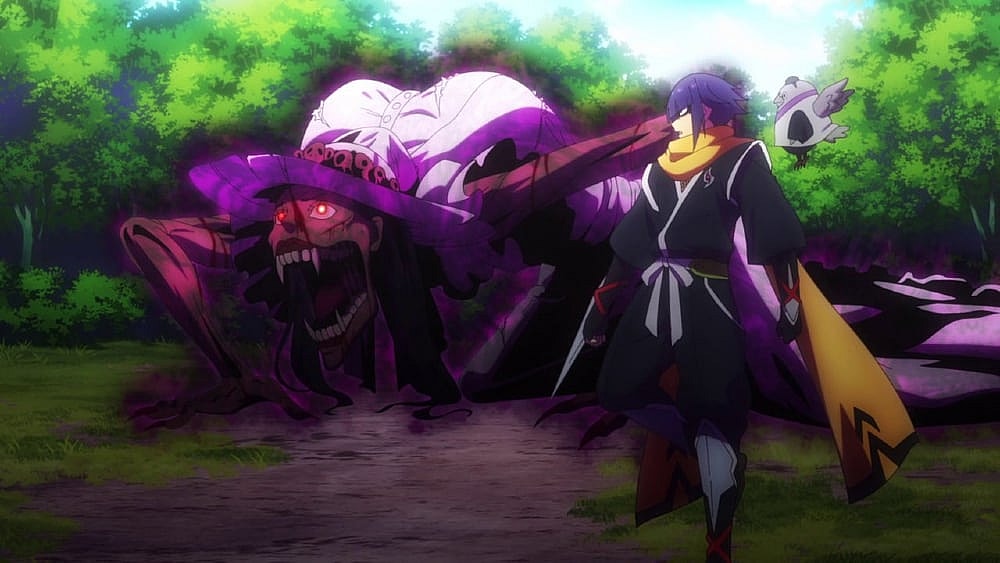
Nerdigans Inc.: How did China manage to successfully invade the Japanese anime industry?
Director: China set up a base in Japan to allow Chinese creators to absorb technology from the Japanese and work in China’s home country and it is steadily producing results. China is quick to act and their funds are lubricated. Japan can’t compete with them.
In China, there are few places to create such things because “cute” is strictly regulated. Above all, they are very eager to learn technology because animation techniques are not made by the numbers.
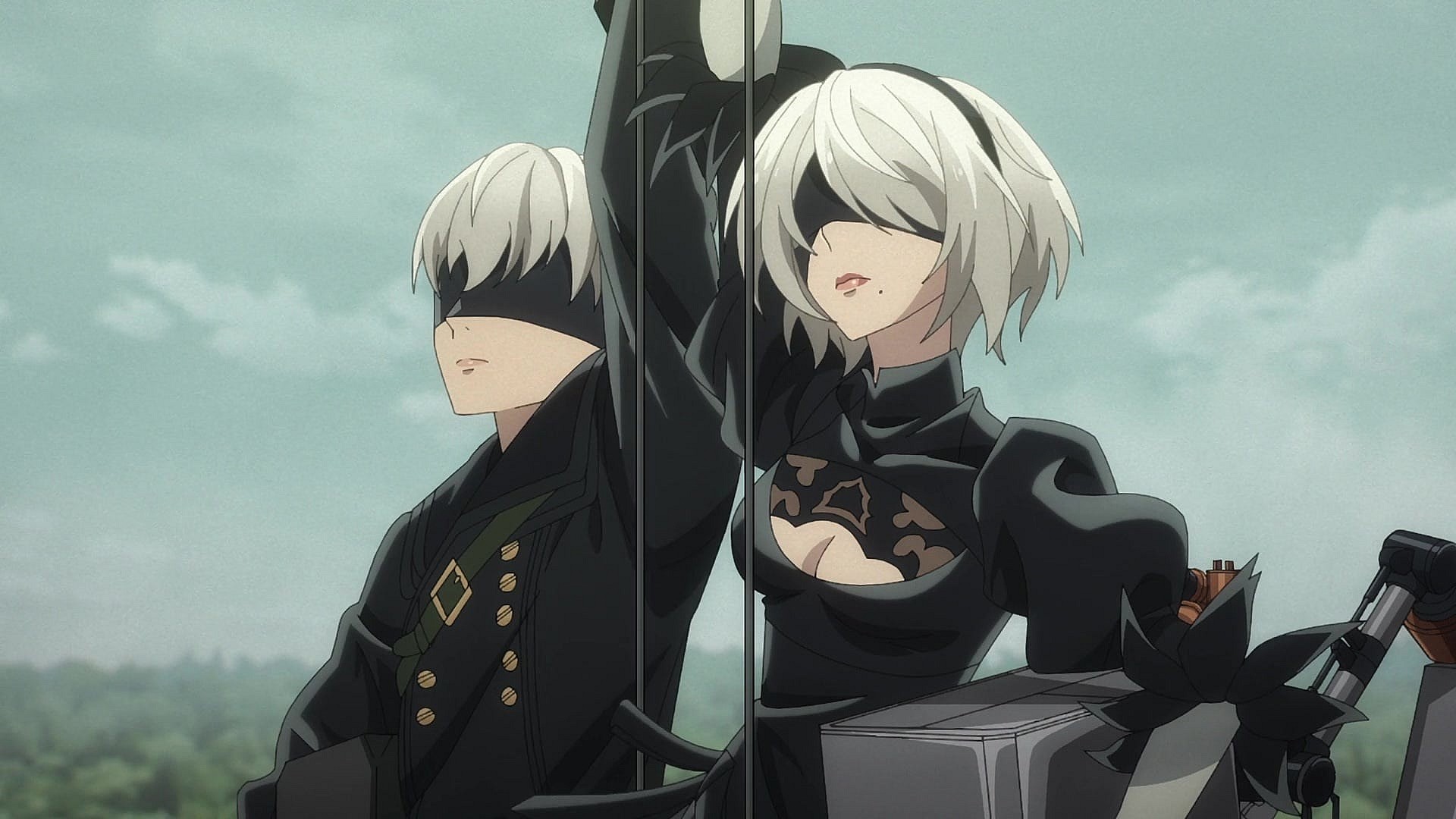 Nerdigans Inc.: For the past decade, Tencent [a Chinese entertainment and technology global conglomerate’s portfolio consists of over 600 companies worldwide including Riot Games, Kadokawa and Shueisha] continuously purchased shares of various Japanese companies. Does Tencent financially play a role in the current situation?
Nerdigans Inc.: For the past decade, Tencent [a Chinese entertainment and technology global conglomerate’s portfolio consists of over 600 companies worldwide including Riot Games, Kadokawa and Shueisha] continuously purchased shares of various Japanese companies. Does Tencent financially play a role in the current situation?
Director: Tencent. I know and most of the companies operating in Japan are under the Tencent umbrella. They will be swallowed up just like Hollywood.
Nerdigans Inc.: Wow! I guess the better question is what companies aren’t swallowed up by the Tencent umbrella?
Director: Companies that Tencent doesn’t take notice of lol.
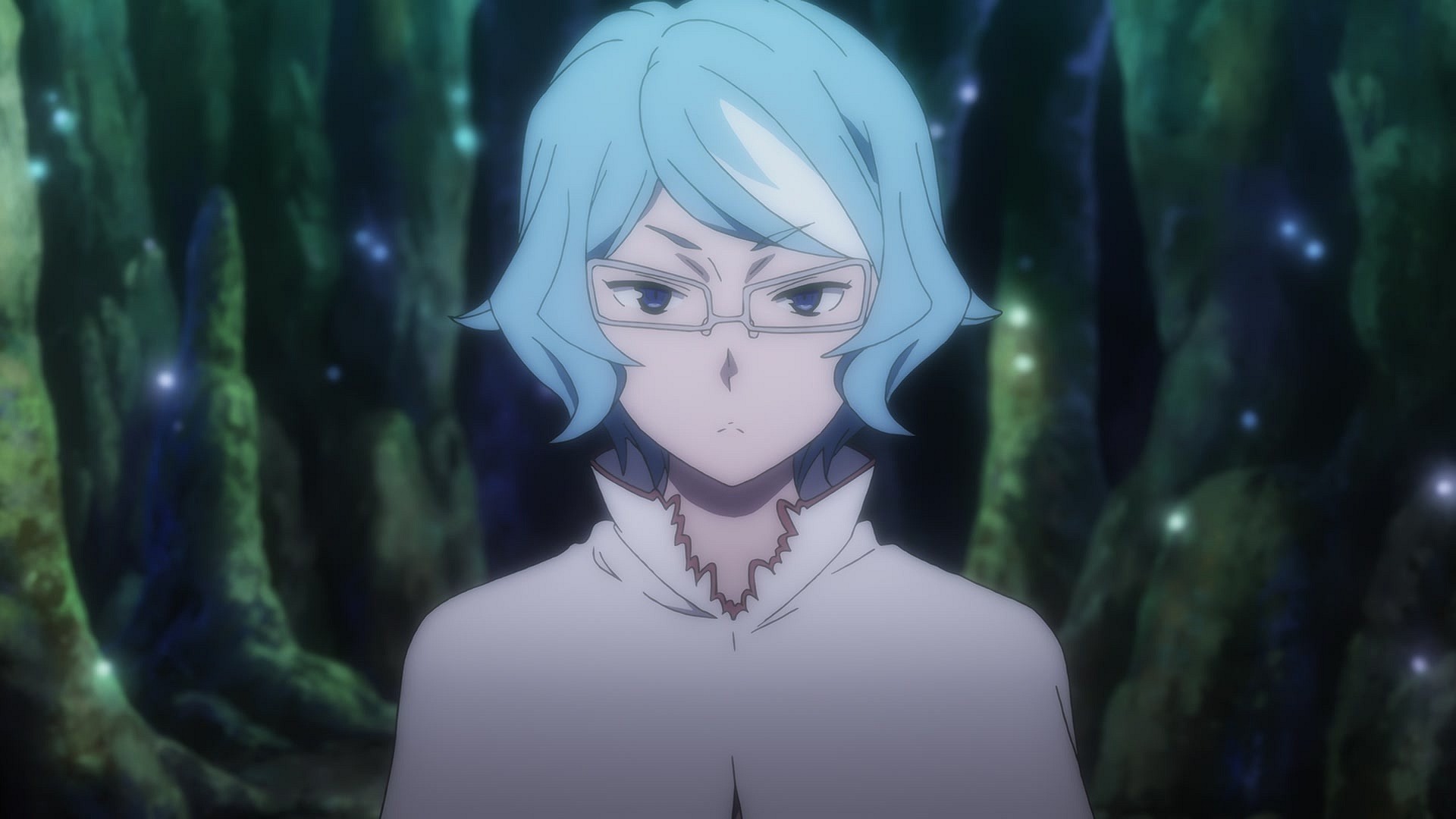
Nerdigans Inc.: Given how many studios are under the Tencent umbrella, is it possible the Chinese global conglomerate has any influence on the current state of the anime industry?
Director: Because of the popularity of the Chinese distribution, some of your (American) films are still being made into sequels. That also applies to anime such as J.C. Staff’s Is It Wrong to Try to Pick Up Girls in a Dungeon?
While the anime’s first season was airing in 2015, the sound director told me that ‘Despite the rough Japanese home video sales, the J.C. Staff would continue to produce additional seasons.’
Similar to Hollywood, Japan is currently releasing an alarming amount of reboots and sequels to the point where several industry veterans are convinced that the Japanese entertainment industry is running out of original ideas.
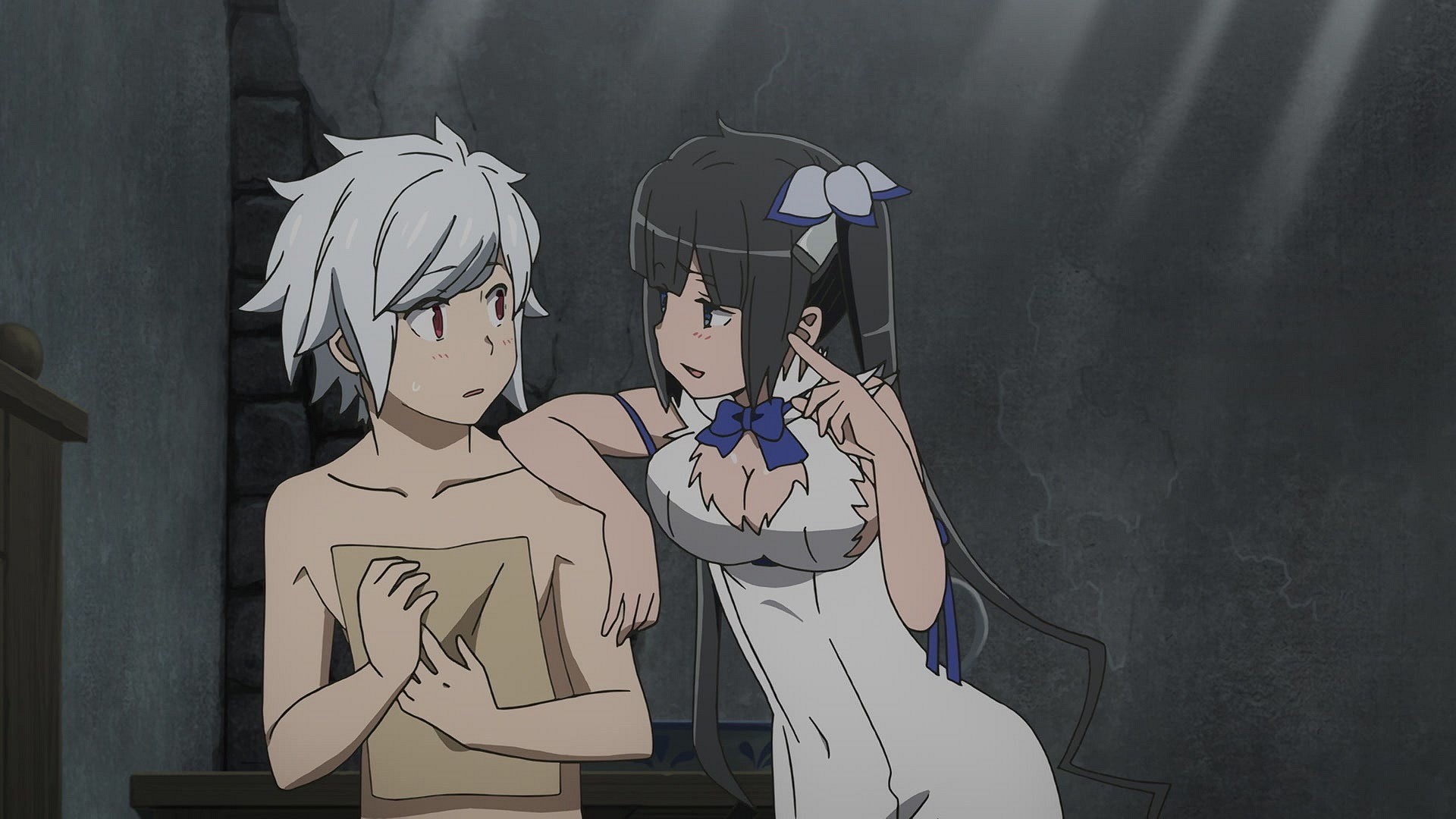
Nerdigans Inc.: Does the increasing popularity of Chinese distribution explain why lately Japan is experiencing a recent rise in reboots and sequels?
Director: I do not know if it is connected, but I am often told by colleagues that original works are dying out. So we dig up old works from the grave.
Nerdigans inc.: Has the current anime industry reached the point of no return or is their still a chance it can escape China’s clutches?
Director: That may depend on the world situation. However, Japan’s white goods [a colloquial term for home appliances such as washers and refigerators] industry was taken over and lost by China. So if relations with China become strained, Japan will not be able to produce the animations that we depend on them for.
